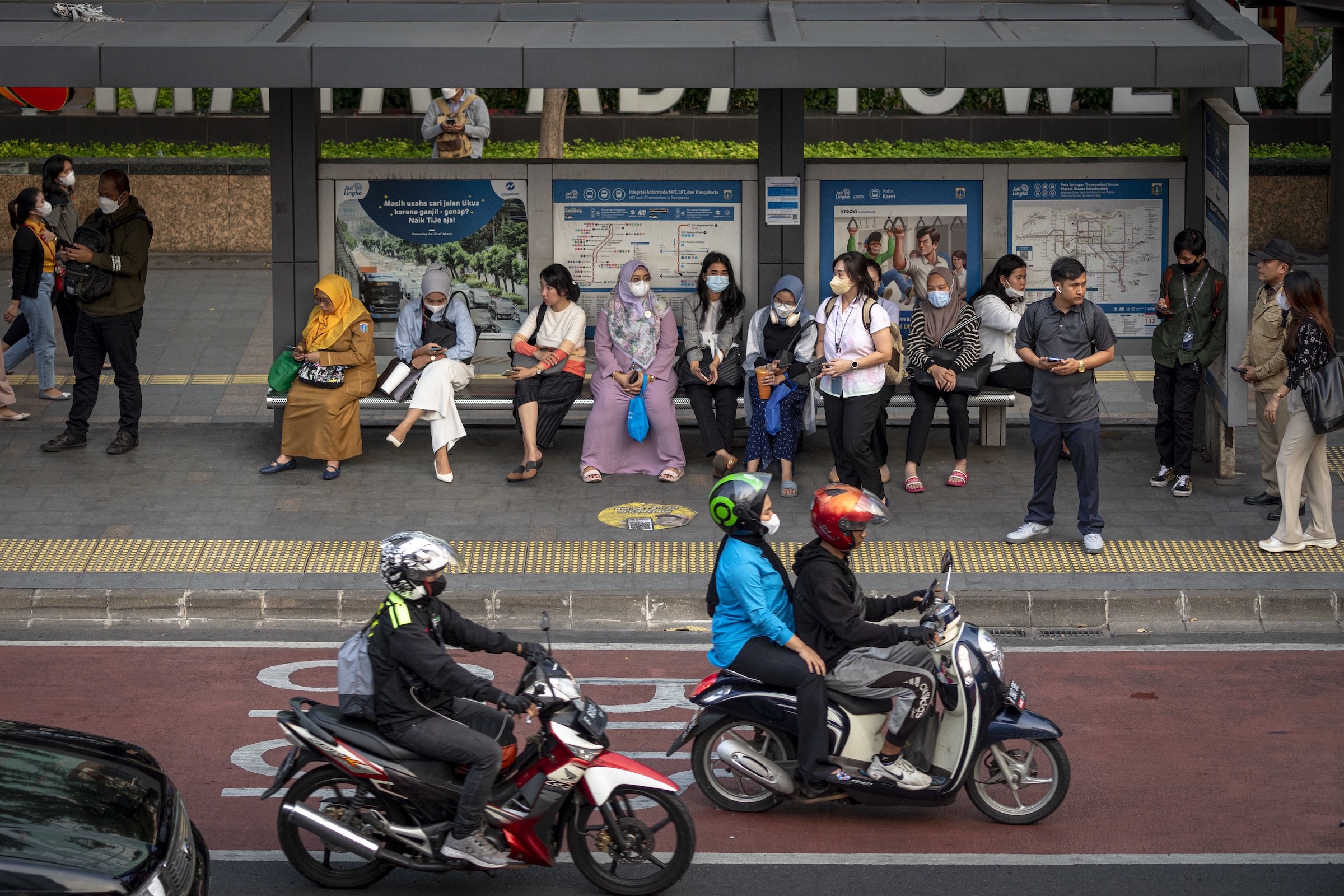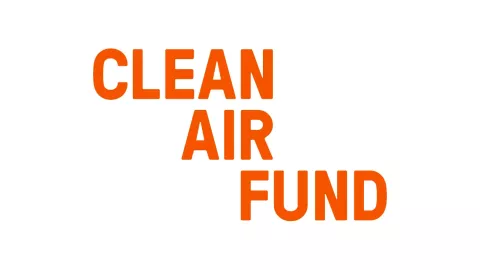Air pollution’s impact on health, particularly as a major driver of noncommunicable diseases (NCDs) globally, was overwhelmingly affirmed by governments at the UN General Assembly High-Level Meeting on NCDs and Mental Health this year, resulting in a strong presence in its Political Declaration. The wide-reaching health and economic harms of air pollution are deepening social inequalities, and governments must act now.
Today, more than nine out of ten people worldwide breathe unsafe air, especially in cities where over half the population lives. Though often invisible, air pollution causes 7.9 million premature deaths annually, 86% from noncommunicable diseases (NCDs), and costs the global economy US$8.1 trillion each year (6.1% of global GDP). For context, this economic loss exceeds total global revenue generated by agriculture, forestry and fishing combined (4.1% of global GDP).
While these figures are staggering, the true toll of air pollution is likely underestimated. Air pollution increases the risk of developing many NCDs, but also worsens symptoms and outcomes for those with existing conditions. Moreover, many conditions associated with air pollution are still not included in current estimates due to lack of data. For instance, this year is the first time the State of Global Air 2025 analysis, based on the Global Burden of Disease data, includes dementia deaths linked to air pollution: 626,000 in 2023 alone. The burden of disease from dementia, measured in healthy years of life lost, reached 11.6 million that same year.
Children, low-income communities, and those with limited access to healthcare are among those disproportionately affected by the health consequences of air pollution, intensifying existing social and economic inequalities. But these impacts are not inevitable. With targeted policies and inclusive action, the harms of air pollution can be prevented, and the gap in health outcomes narrowed.
An intertwined crisis with win-win solutions
Despite governments recognising air pollution as a main NCD risk factor in the 2018 Political Declaration on NCDs, clean air action as part of national NCD responses has remained inadequate. Air pollution is the second largest risk factor for premature death globally, having overtaken tobacco, but funding and action for clean air solutions do not reflect the scale or urgency needed.
Air pollution and climate change share common drivers. Our fossil fuel dependent economies, gas-powered private vehicles, unsustainable food systems and reliance on growth-based metrics are leading to increased greenhouse gas emissions and pollutants, while also contributing to low levels of physical activity, unhealthy diets, and low crop yields for fruits and vegetables.
Interconnected problems require integrated solutions. Countries can take advantage of many win-win policies which have co-benefits across global priorities. Policies to improve access to healthy and sustainable food options, increase the use of public transport, promote active mobility, and expand green spaces all reduce air pollution while simultaneously reducing other NCD risk factors, benefiting the health of the population, growing the economy and reducing climate harming emissions.
Mobilising governments on air pollution: Leadership in action
The UN High-Level Meeting on NCDs and Mental Health of 25 September is expected to culminate with the adoption of its Political Declaration by the UN General Assembly. This document includes important commitments to reduce exposure to air pollution contributing to the recently endorsed WHO target to halve mortality from human-caused air pollution by 2040. While this is a step in the right direction, it does not go far enough as it fails to explicitly address fossil fuels and the need for subsidy reforms, nor does it include commitments on national air quality standards.
The focus must be now on acting on air pollution, fulfilling and going beyond commitments made. Governments must fully integrate action on air pollution into national NCD plans and ensure air pollution and climate policies include health considerations. The big elephant in the room must be also addressed: governments must support a just energy transition, phasing out fossil fuel subsidies and shifting investment towards health, social protection and sustainable development. The return on investment is undeniable – in the US, existing air pollution control measures are estimated to have delivered a benefit ratio of 30:1 since the Clean Air Act was passed in 1970.
Cleaner, healthier cities
On World Cities Day, we would like to celebrate the true potential of city leaders in addressing air pollution, protecting their citizens at the local level and inspiring change at the national level. The evidence is clear, we have cost-effective solutions, and momentum is growing. What’s needed now is sustained commitment at all levels to turn ambition into action.
Cities like Beijing, Accra and London are already leading the way with clean air policies to protect their populations.








